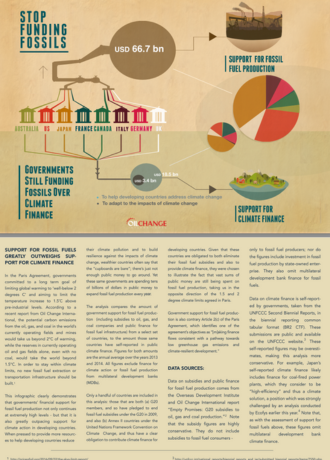
What’s the plan?
The question now becomes: What does the path from here to zero carbon look like? Is it ambitious enough to avoid locking in emissions that we can’t afford? Is it intentional enough to protect workers and communities that depend on the carbon-based economy that has gotten us this far? Is it equitable enough to recognize that some countries must move further, faster? And is it honest enough about the reality that a decline of fossil fuels is actually a good thing?





